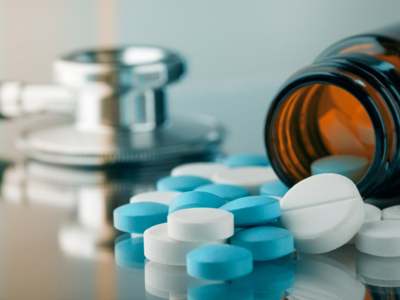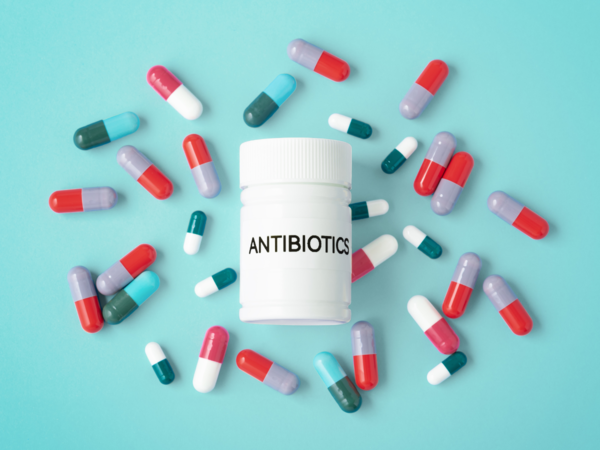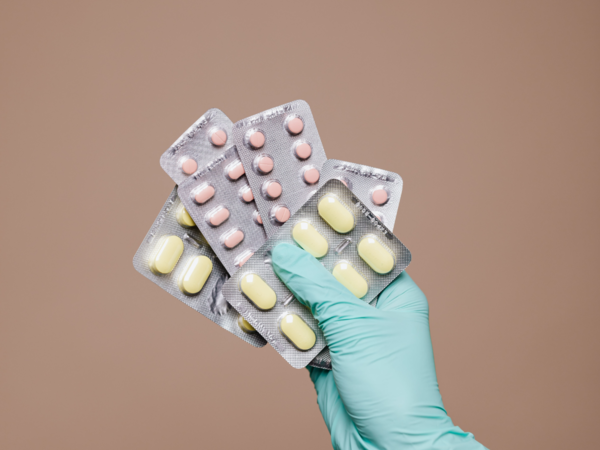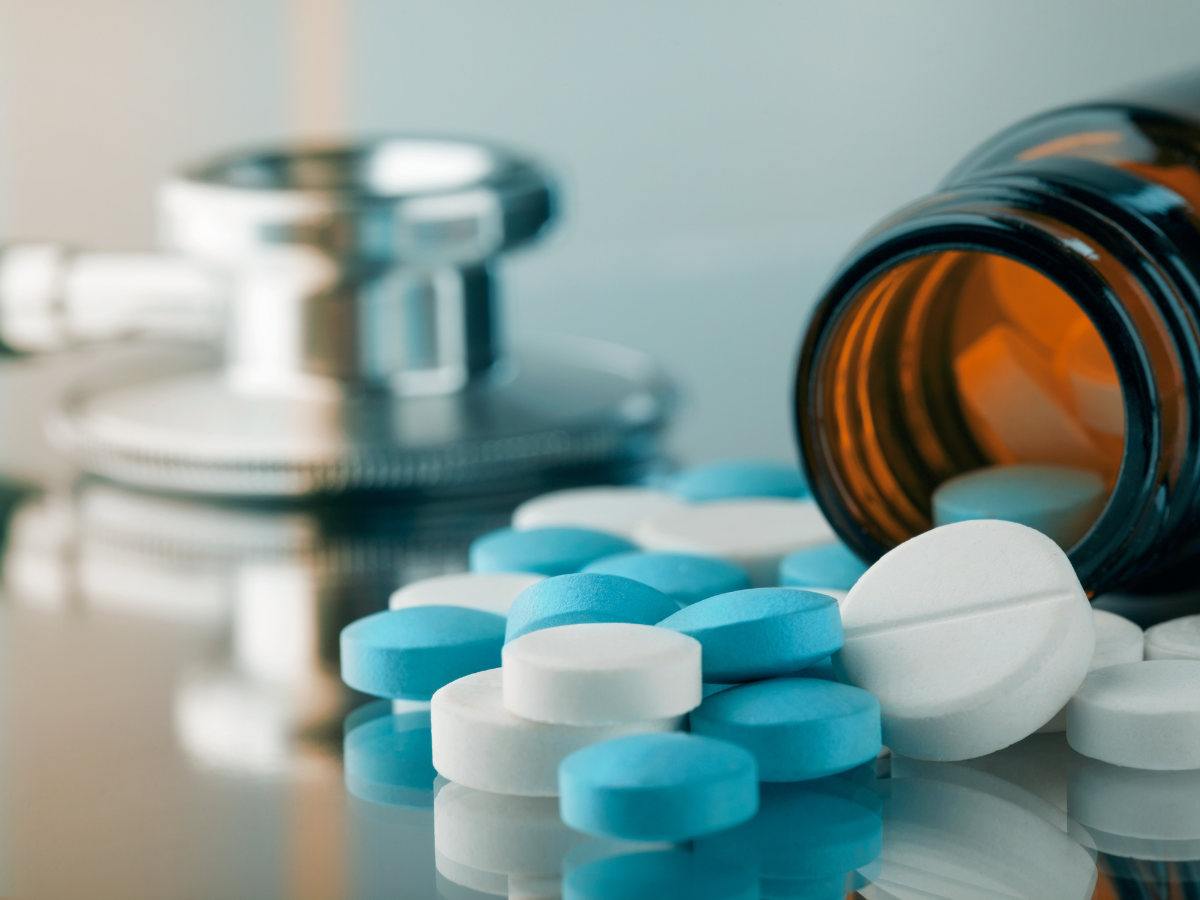
Antibiotics are medicines that treat bacterial and fungal infections by either killing the bad organism and making it difficult for them to grow or spread in the body. Antibiotics treat a variety of infections including cough and bacterial pneumonia. However, it is misinterpreted that antibiotics can also cure
viral infections
like flu and fever.
Over the past few years, bacteria have grown resistant to these antibiotics, and human bodies with the process of over-drug usage or medication have also made it easier for the bacteria to fight against the drug.
What is antibiotic resistance?
Antibiotic resistance in the body occurs when infectious bacteria develop the ability to resist the effects of antibiotics. The bacteria grows immune to the drug and it cannot stop spreading the infection causing the bacteria to mutate.
While certain companies develop new antibiotics and develop the medical field, it is not really helping as more antibiotics are used, more likely the bacteria develop resistance to them due to overuse.
A Global concern
Antibiotic resistance is evident when the germs develop the ability to defeat the drugs designed to kill them. Antimicrobial resistance is an urgent global public health threat, killing at least 1.27 million people worldwide and associated with nearly 5 million deaths in 2019.
Antibiotics should be taken only on prescription to treat specific health problems. Antibiotics should not be taken as you wish as these medicines have multiple side effects including vomiting, nausea, diarrhea, bloating or indigestion, belly pain, loss of appetite, hives, coughing, wheezing, and tight throat.
The World Health Organisation refers to antibiotics and the increase in usage of it as a global concern in 2019 and now antibiotic resistance has become a global concern. Antibiotic resistance is linked with the increase in morbidity and mortality rate and it has become even more difficult as the development of
superbugs
has further complicated the issue.
What happens because of antibiotic resistance?
As bacteria become immune and resist the effect of antibiotics, the infections can become severe or impossible to cure. The resistant bacteria starts spreading and it becomes highly infectious.
Antibiotics are not to be sold over the counter without a proper prescription. Rational use of antibiotics can increase the body’s immunity. Apart from using antibiotics only when necessary, promote and practice infection prevention and control. Also, make sure to increase the coverage of vaccines and have a strict protocol for sterilization. Vaccinations are one of the most effective ways to prevent the need for antibiotics.
Make sure to wash your hands with soap and minimise the spread of infection. Also, safe food handling practices should be followed as they can reduce the risk of foodborne infections.
Use antibiotics the right way
Antibiotics are not just a medicine to cure infection, but it is a course of treatment. Antibiotics should be taken as prescribed by the doctor and even if your health starts feeling better, make sure to complete the course circle. Antibiotics are generally prescribed for 3,5 or 7 days based on the infection and the complete course of medication should be done without any break in between.
Alternatives for antibiotics
Here are alternatives to antibiotics that can help fight bacteria in the body:
Bacteriophages:
Bacteriophages
is a method of inhalation or injection that uses Viruses to treat infections by attacking bacterial cells.
Probiotics: They can be used to enhance the human microbiota.
Ginger root water: Ginger water can help get rid of bacterial and parasitic infections in the intestine as it has antiviral and antibacterial properties.
I’m Manas Ranjan Sahoo: Founder of “Webtirety Software”. I’m a Full-time Software Professional and an aspiring entrepreneur, dedicated to growing this platform as large as possible. I love to Write Blogs on Software, Mobile applications, Web Technology, eCommerce, SEO, and about My experience with Life.





